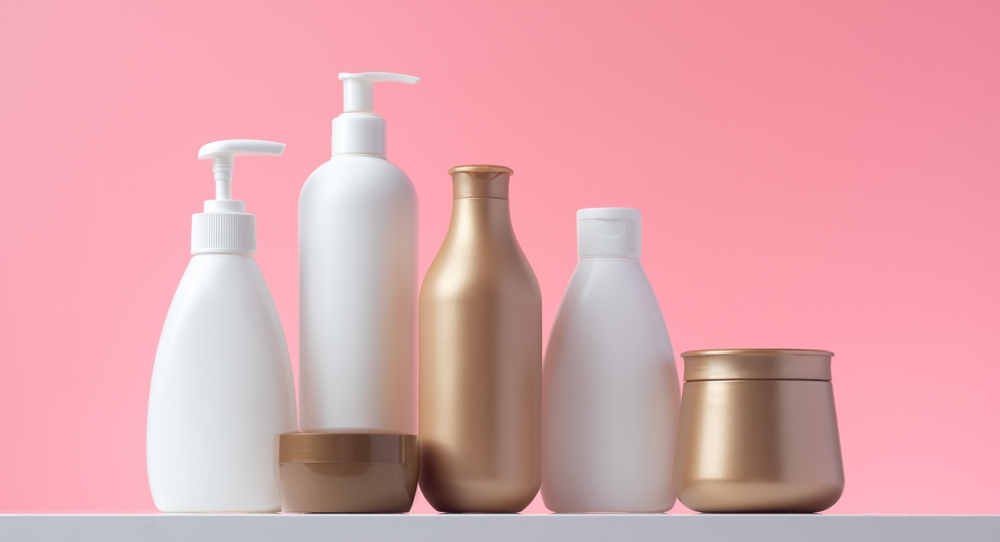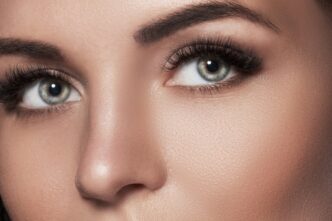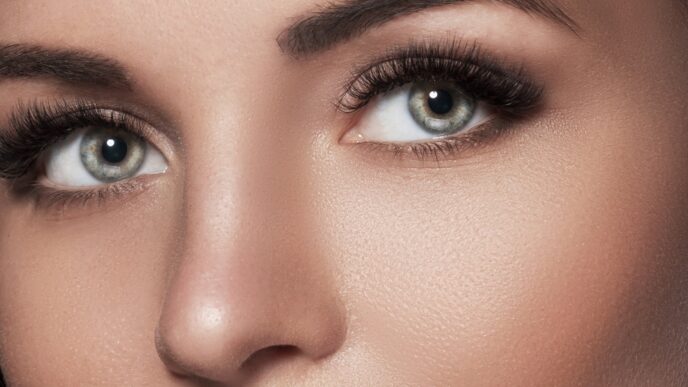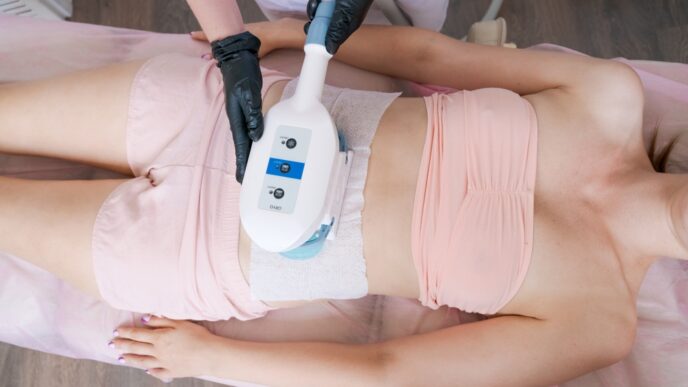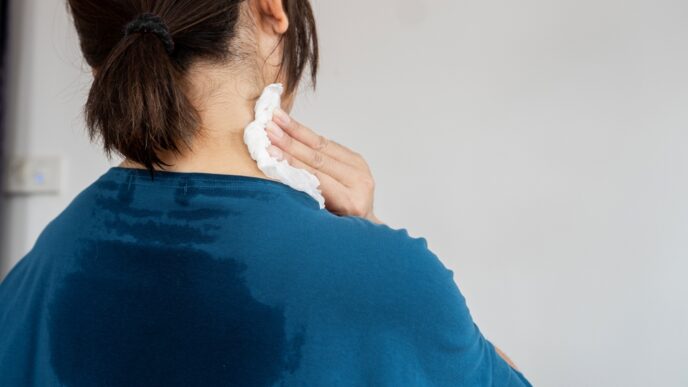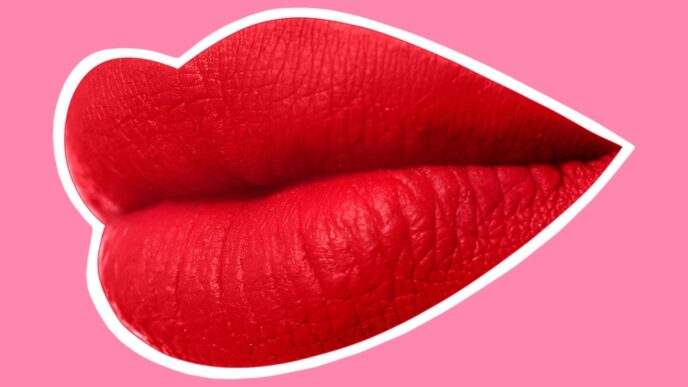Every skincare brand has their own series of toners. They come in big hefty bottles and, for the most part, look like fancy packaged water. We are reminded time and time again that the full cleansing regimen consists of cleansing, toning and moisturising. Yet, toners have always been that in-between product — the step that’s easiest to skip and opt out of, mainly because we don’t know if they’re worth the time or money. After all, they may as well just be glorified bottles of spring water!
WORDS HANNAH MAY-LEE WONG AND DR CH’NG CHIN CHWEN
ARE TONERS USEFUL?
Removing Residues
- Overall, most toners work as an aid to your cleansers.
- Even after cleansing with your regular face wash, there may still be traces of oil, makeup residue, dirt and dead skin cells that might have been missed.
- Toners help remove all this unwanted stuff.
Prep for Moisturizing
- After cleansing and drying, patting a toner onto your face wets it again in preparation for other products to lay atop.
- Moist skin is known to help other products, such as your serum or moisturizer, penetrate faster and absorb more effectively.
- While water can do the same thing, most toners have an added benefit of containing ingredients that shrink the pores after cleansing. This helps prevent dirt and impurities from re-entering the skin.
- Furthermore, the newer toners act as water-based vessels that carry other active ingredients as well.
Other Useful Functions
- Depending on the formulation of the product, some toners double up as exfoliators, moisturizing lotions, or pH balancers.
- Salicylic and glycolic acids in certain toners can help exfoliate the skin, prevent clogged pores that cause blackheads and pimples, and prevent ingrown hairs.
- Toners with antioxidants such as vitamin C may help brighten one’s complexion.
- Toners containing anti-inflammatory ingredients like aloe vera and vitamin E can help calm red and sensitive skin.
- Glycerin and glycol are good humectants that bind to and help retain moisture on the skin and buffer the skin’s acidity levels or restore natural acidic levels that could be imbalanced after washing with soap.
| Some toners, especially older generation ones, can contain astringents — potent but harsh alcohol-based products that may irritate and strip the skin of its natural barriers. Most dermatologists advise against using products like these as they can bring more harm than good. |
AN EXPERT’S INSIGHT INTO TONERS
 FEATURED EXPERT FEATURED EXPERTDR CH’NG CHIN CHWEN Consultant Dermatologist Subang Jaya Medical Centre |
Do We Really Need Toners, Then?
Out with the old
The first-generation toners were mainly astringents containing alcohol, which are drying to the skin.
- Some people, especially those who feel their skin is “too oily”, use it as a second cleansing step to wipe off sebum on the skin’s surface.
- Others use it to enhance the absorption of serums and moisturisers, which are often applied after the toner.
If you are referring to these types of toners, then they are absolutely not necessary to incorporate into your regimen.
In fact, I will advise against using these types of toners as they strip away your natural moisturising factors and are harmful to the skin’s barrier function.
In with the new
The newer generation toners have somehow evolved into something more like “water moisturizers”.
They restore the skin’s pH and moisture levels after a face wash, and some even have antioxidants added into them.
That said, these toners are still not completely necessary, but they can be beneficial.
If you don’t mind an extra step in your skin care routine and if you have the budget for some pricey “broths of water”, then why not?
How to Choose the Right Toner
If you have acne-prone skin:
- Choose those that contain alpha hydroxy carboxylic acids (AHA), beta hydroxy carboxylic acids (BHA), or glycolic acid.
- Those with salicylic acid may help too but use with caution as they can be irritating.
If you have dry and sensitive skin:
- Choose those with pH balancing and hydrating properties.
- Avoid those with parfum (fragrance) or those that have sensitizers as preservatives.
- Beware, even those labelled “hypoallergenic” may sensitize the skin too!
- Also avoid denatured alcohol (SD), witch hazel, and menthol as, unless used in very minimal concentrations, they can irritate to the skin.
If you have dull or mature skin, choose a toner with antioxidants and hydrating properties.
| This article is part of a series that shines the spotlight on skin health. |


